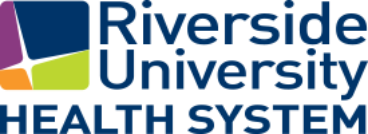Who should get tested for COVID-19?
- People who have symptoms of COVID-19
- People who have had close contact (within 6 feet of an infected person for at least 15 minutes) with someone with confirmed COVID-19
- People who have been asked or referred to get testing by their healthcare provider or RUHS Public Health
What should you do if you test positive for COVID-19?
- Self-quarantine/isolate at home, pending test results
- Self-quarantine/isolate at home to protect others from illness, if you test positive for COVID-19
- Follow the advice of your health care provider or an RUHS Public Health professional
What does it mean if you test negative for COVID-19?
- If you tested negative for COVID-19, you probably were not infected at the time your sample was collected. The test result only means that you did not have COVID-19 at the time of testing. Continue to take steps to protect yourself.
Did you know…?
There are two kinds of tests are available for COVID-19: viral tests and antibody tests.
- A viral test tells you if you have a current infection.
- An antibody test might tell you if you had a past infection.
What you need to know about COVID-19 testing:
- Open to anyone, with or without symptoms.
- No out-of-pocket costs to individuals
- Have health insurance information on-hand, but;
- Individuals will not share any costs or copay.
- Testing is still offered if health insurance info is not provided.
